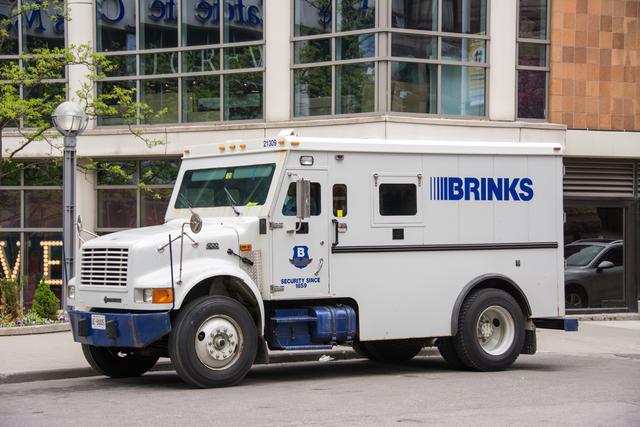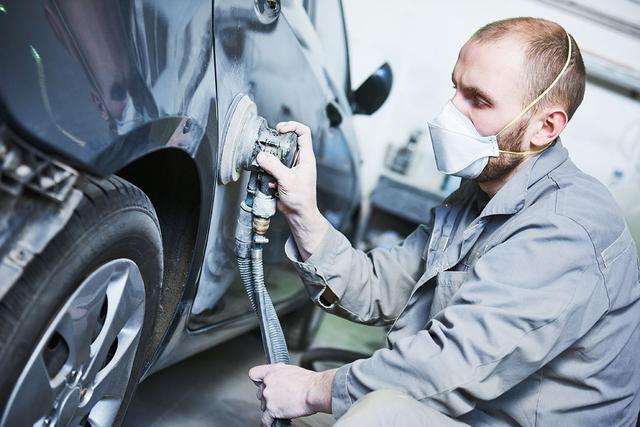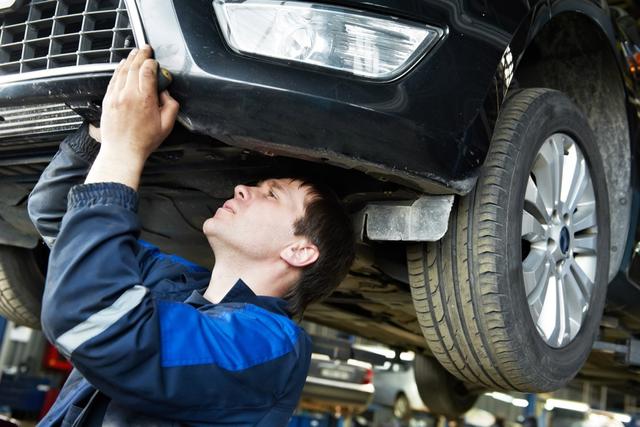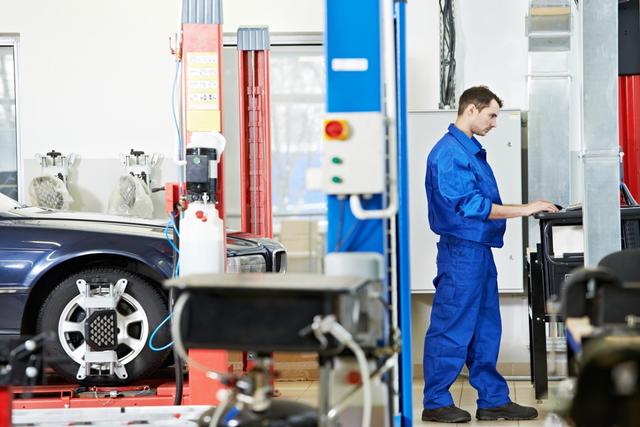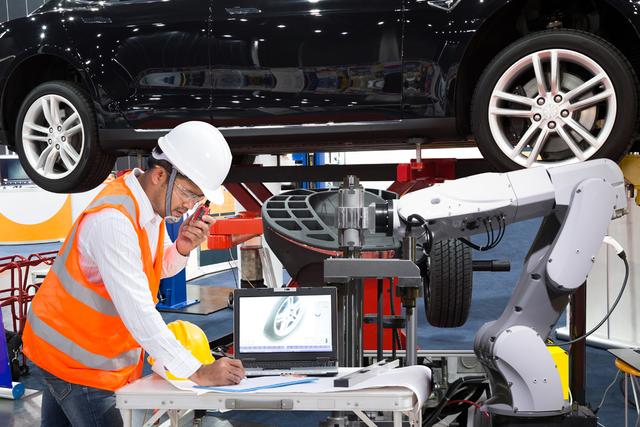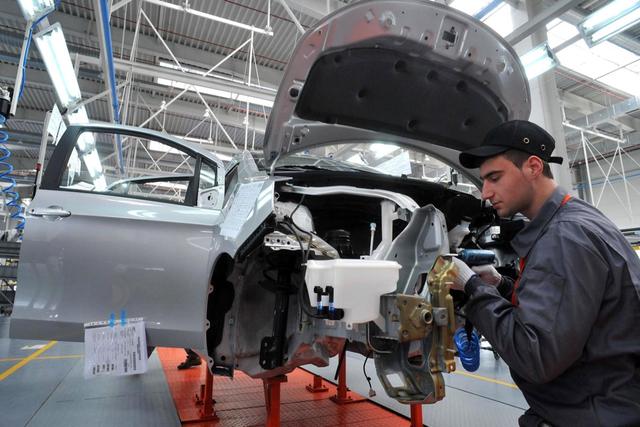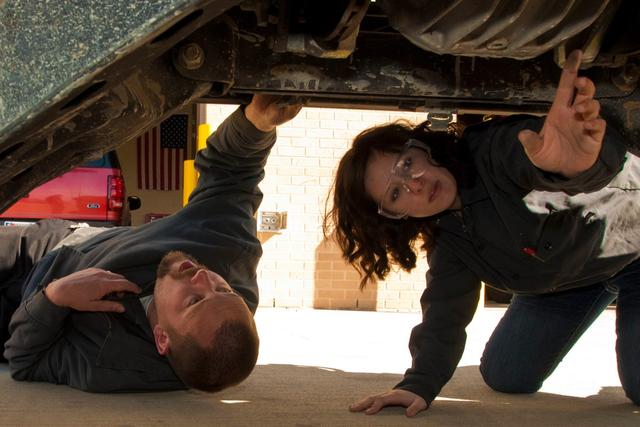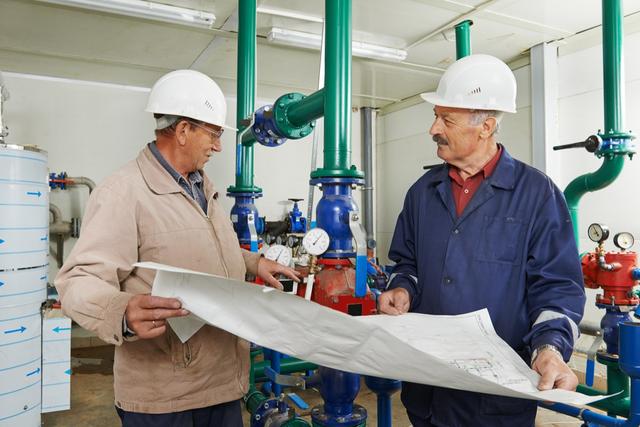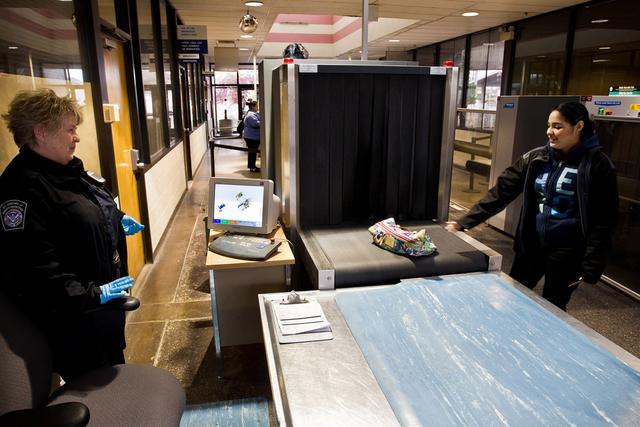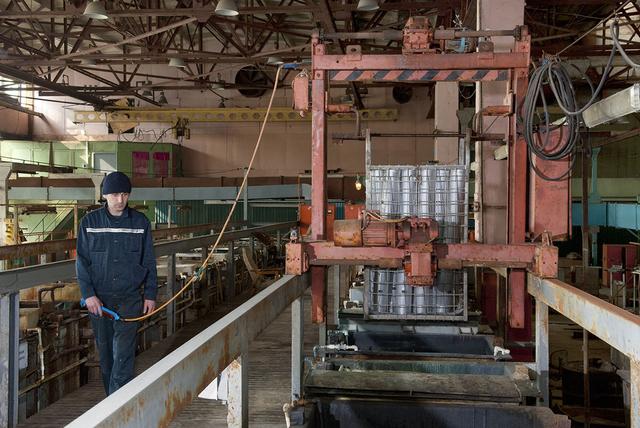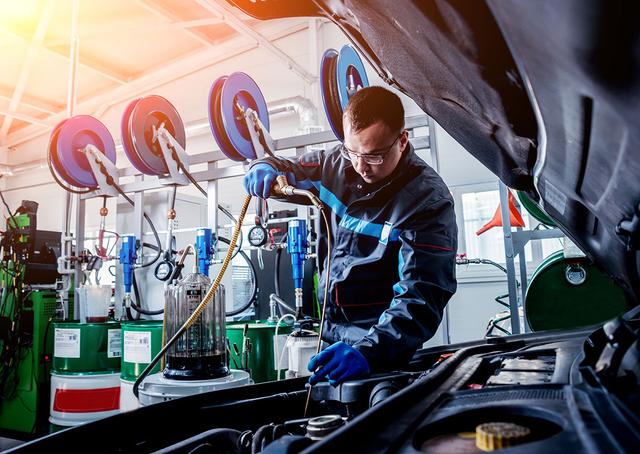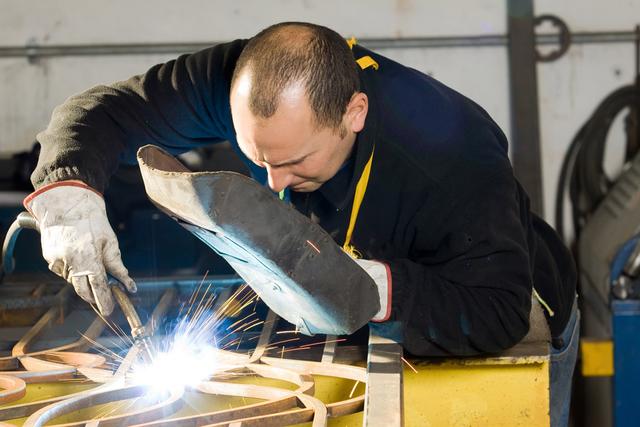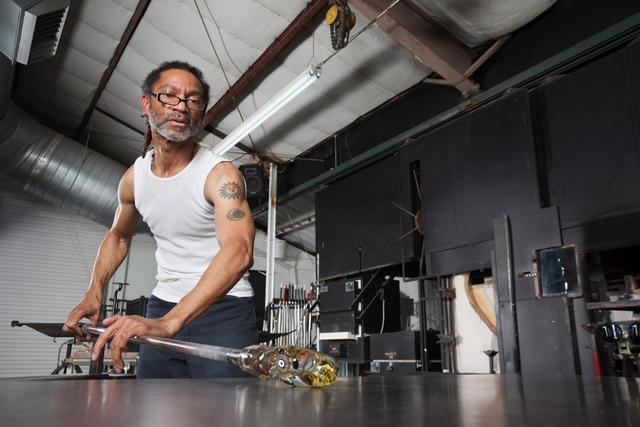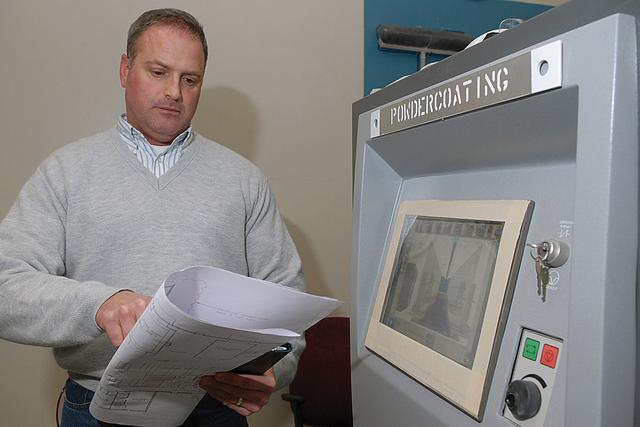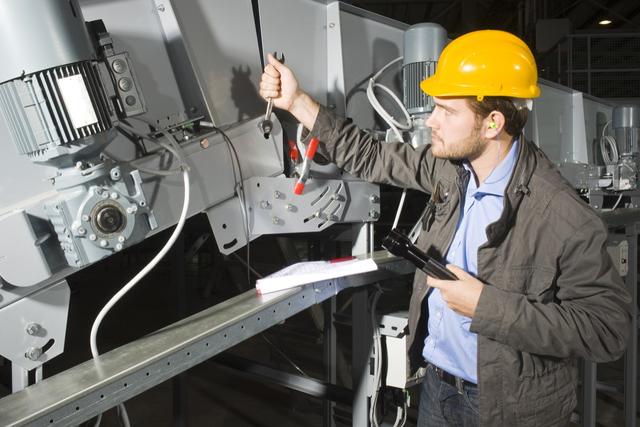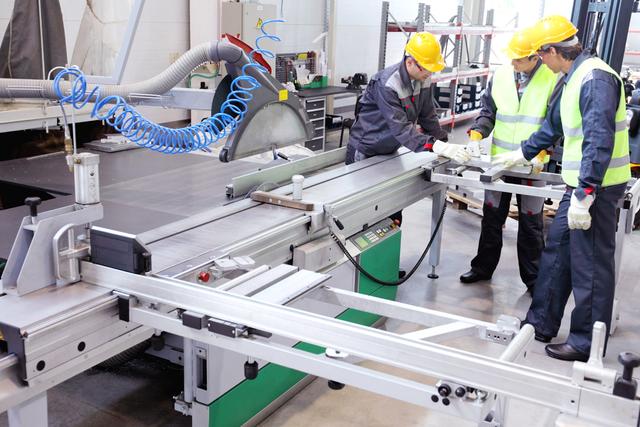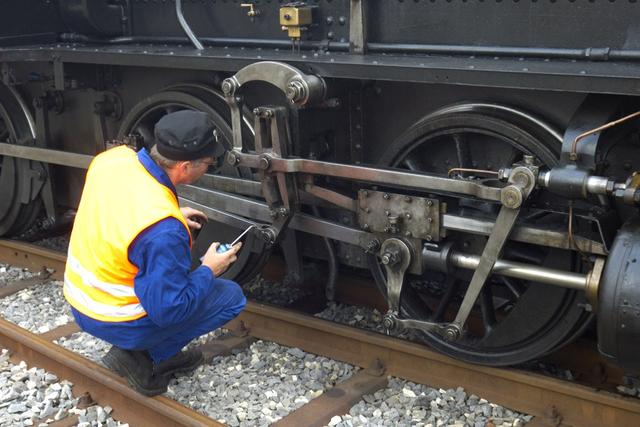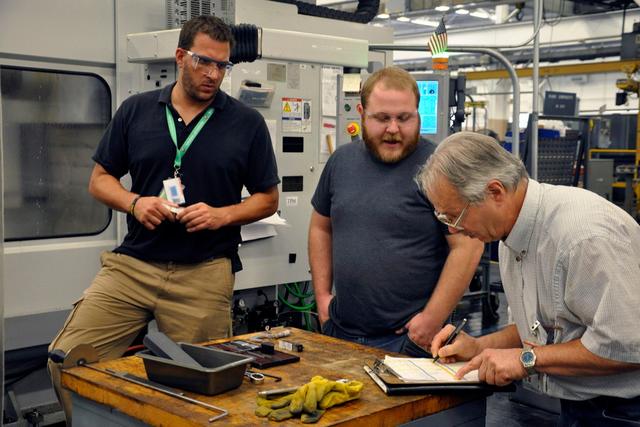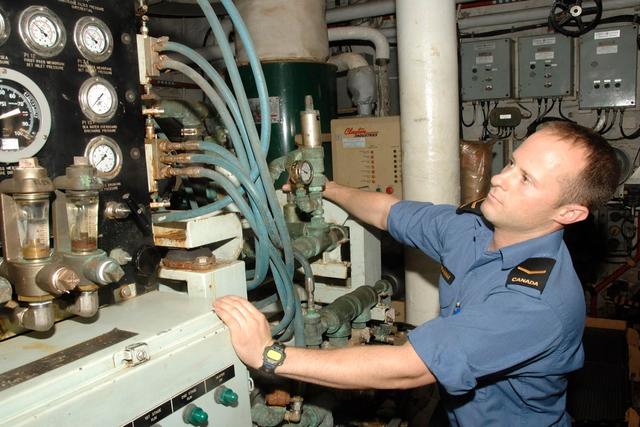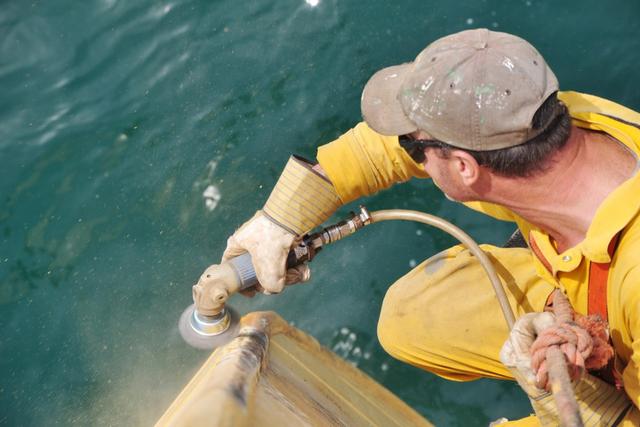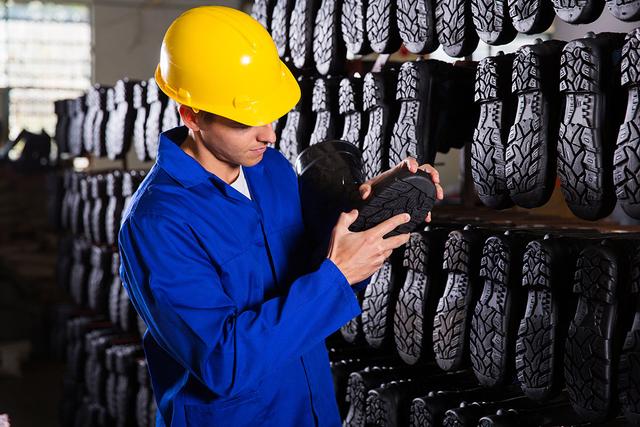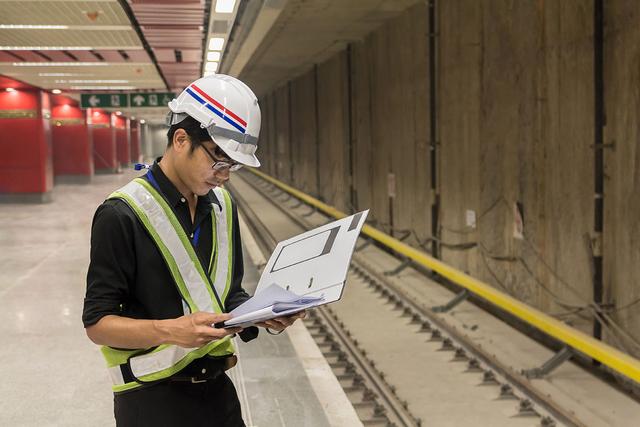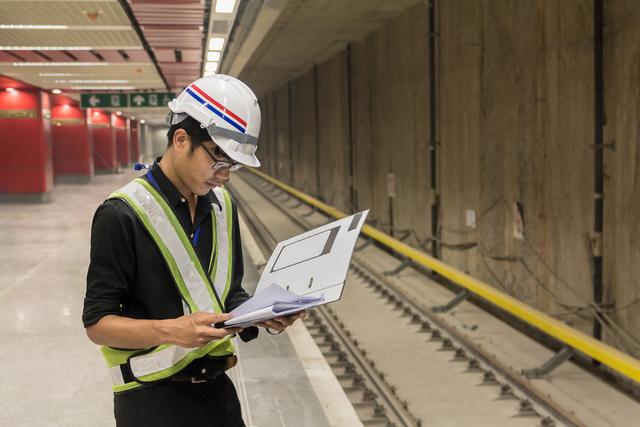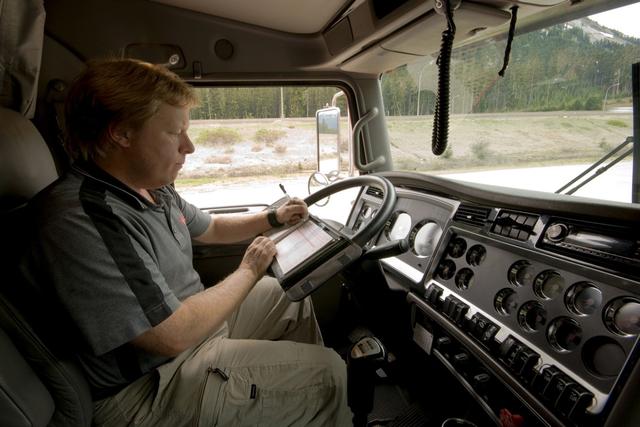Diesel Mechanics
Overview

Introduction
Diesel mechanics repair and maintain diesel engines that power trucks, buses, ships, construction and roadbuilding equipment, farm equipment, and some automobiles. They may also maintain and repair nonengine components, such as brakes, electrical systems, and heating and air conditioning. Approximately 300,200 diesel mechanics work in the United States. Diesel mechanics are also known as diesel service technicians anddiesel specialists.
Quick Facts
Median Salary
Employment Prospects
Minimum Education Level
Experience
Skills
Personality Traits
Earnings
Diesel mechanics earnings vary depending on their region, industry (trucking, construction, railroad), and other factors. According to the U.S. Department of Labor (DOL), the median hourly pay for all diesel mechanics in May 2023 was $28.35, or approximately $58,970 annually, for full-time employment. The department also reported that the lowest paid 10 percent of diesel mechanics earned approx...
Work Environment
Depending on the size of the shop and whether it is a trucking or construction company, government, or private business, diesel mechanics work with anywhere from two to 20 other mechanics. Most shops are well lighted and well ventilated. They can be frequently noisy due to running trucks and equipment. Hoses are attached to exhaust pipes and led outside to avoid carbon monoxide poisoning.
<...Outlook
With diesel technology getting better (smaller, smarter, and less noisy), more light trucks and other vehicles and equipment are switching to diesel engines. Diesel engines are already more fuel-efficient than gasoline engines. Also, the increased reliance by businesses on quick deliveries has increased the demand on trucking companies. Many businesses maintain lower inventories of materials, i...
